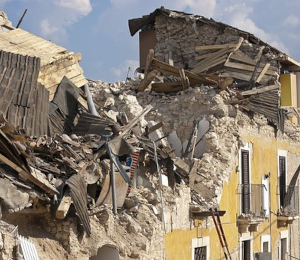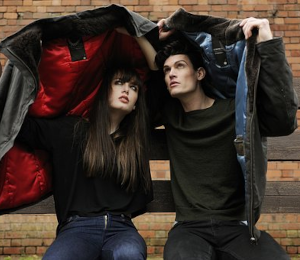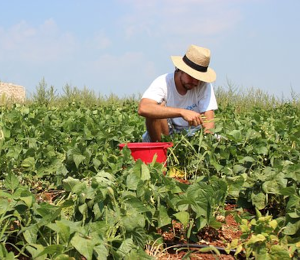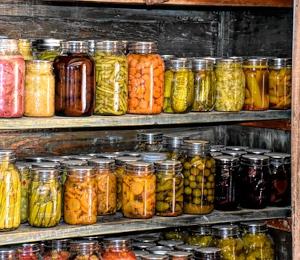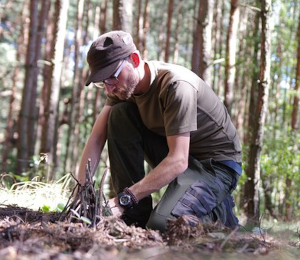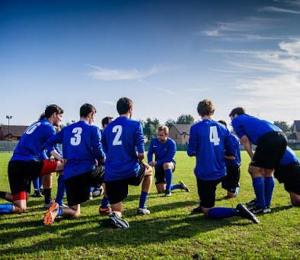
For parents who may employ babysitters to look after their children the following safety tips may be helpful:
BEFORE YOU LEAVE THE HOUSE PROVIDE THE BABYSITTER WITH THE FOLLOWING INFORMATION:
- Provide a list of important names and phone numbers. These include:
- Where the parents will be.
- A friend, relative or neighbor that lives close by.
- The children’s doctor.
- Fire department.
- Police department.
- Poison control center.
- Hospital.
- Show the babysitter through the house. The babysitter needs to know where to find certain items he/she may need, such as children’s clothing and playthings, etc.
- Locate and demonstrate the emergency exits.
- Inform the babysitter about potential poisons, such as medicines, bleaches and household cleaners, and where they are stored.
HAVE THE BABYSITTER REVIEW THE FOLLOWING SAFETY TIPS:
To prevent accidents, keep children away from potential hazards such as:
- Electrical outlets
- Appliances
- Medicines, bleaches and household cleaners
- Heaters, fireplaces and wood stoves
- Places where children could trip or slip
- Glass doors and windows
- Small items that could cause choking in infants and young children
STAIRS – Stairs can be dangerous for children. Here are some tips to help prevent accidents on the stairs:
- Don’t allow a toddler to play on the stairs.
- Remove all obstacles from the stairs so that no one can trip over them.
- If there is a gate across the stairway, check it and make sure it’s latched at all times.
- Do not leave babies unattended in carriages, walkers or strollers, especially around stairs or ramps, indoors or outdoors.
DOORS AND WINDOWS:
- A child riding on a tricycle or bike that gets too close to a window or door could go through the glass.
- Keep toys, scatter rugs and other articles that could cause slipping or tripping away from doors and windows.
- Keep doors and windows locked at all times.
- Never open the door to strangers. If there is a question about someone at the door, call the parents and check with them.
CHANGING A BABY:
- Watch the baby constantly. Babies can easily fall from changing tables or other high places.
- Have everything (diapers, wipes, etc.) in immediate reach. This way you won’t have to step away from the infant for even a second.
BATHING A BABY:
Do not bathe the baby. In most cases, you can clean the baby’s skin with a clean facecloth in lukewarm water. Bathing a baby calls for the utmost care and supervision. Aside from the risk of hot water scalds, there is always the danger of drowning. You may want to be of help to the parents, but bathing an infant is not recommended.
DO NOT tell a caller that you are the baby-sitter alone with the children. Take a message and tell them that the person will return the call momentarily.
DO NOT go outside to investigate suspicious noises or activities. Turn on outside lights and call the police. Be sure that all doors and windows are locked.
NEVER leave children alone. When they are alone, they can have unintentional injuries with matches, gasoline, the stove, water, poisons, falls, and drowning.
COOK SAFELY:
- Supervise children when they are in the kitchen. This is the place for injuries with fire and hot liquids.
- You and the children should wear tight sleeves during meal preparation. Loose-fitting clothes can catch fire.
- Turn pot handles inward on the stove so children can’t pull them down.
- Smother a pan fire with a lid. Never use water.
- Roll up appliance cords so they can’t be pulled down.
- Put the baby in the playpen if you have a hot pot or drink in hand, so she can’t get burned.
CHOKING:
Infants and young children can choke on any small items they put in their mouths. Here are some tips to prevent choking:
- Make sure to keep the following objects out of the reach of an infant or young child:
- Small pieces of food, coins, pins, small toys or parts of toys intended for older children or any other small object that could cause choking
- If the child is choking, apply first aid measures to clear his or her airway. (If you don’t know first aid, contact your local Red Cross office or an approved community agency for instruction. It’s always a good idea to take a first aid course before you start babysitting). Also, call 911 for emergency medical assistance.
ACCIDENTS OR ILLNESSES:
If the child becomes ill or has an accident, don’t try to be a doctor or nurse (except for minor cuts and bruises). You should do the following:
- Call the parents for instructions.
- If parents cannot be reached, call your own parents or ask a neighbor for help.
- If the sick or hurt child needs a doctor or emergency care, call 911 for emergency medical assistance.
FIRE ESCAPE PLANNING:
- Plan ahead. Know how to get children out of the bedrooms if the front or back doors are blocked by smoke or fire.
- Make sure you know in advance what all your escape options are.
- Smoke kills. Shut doors to stop it from advancing.
- If there’s a fire, get everybody out and then call 9-1-1 from a neighbor’s house.
- Don’t go back to the burning house. Many people are killed returning to a burning building.


